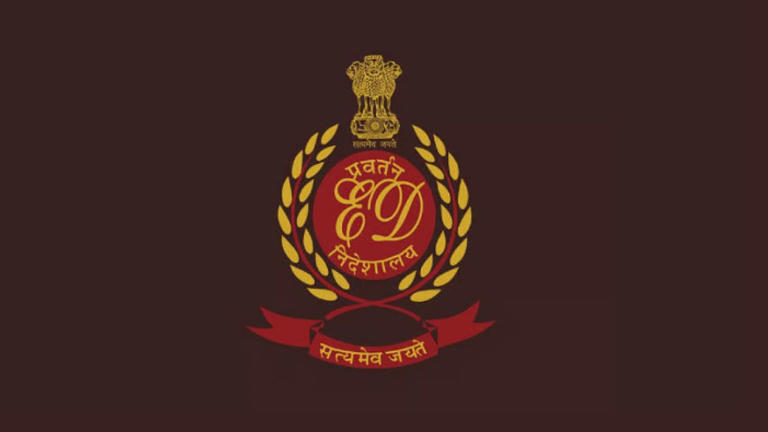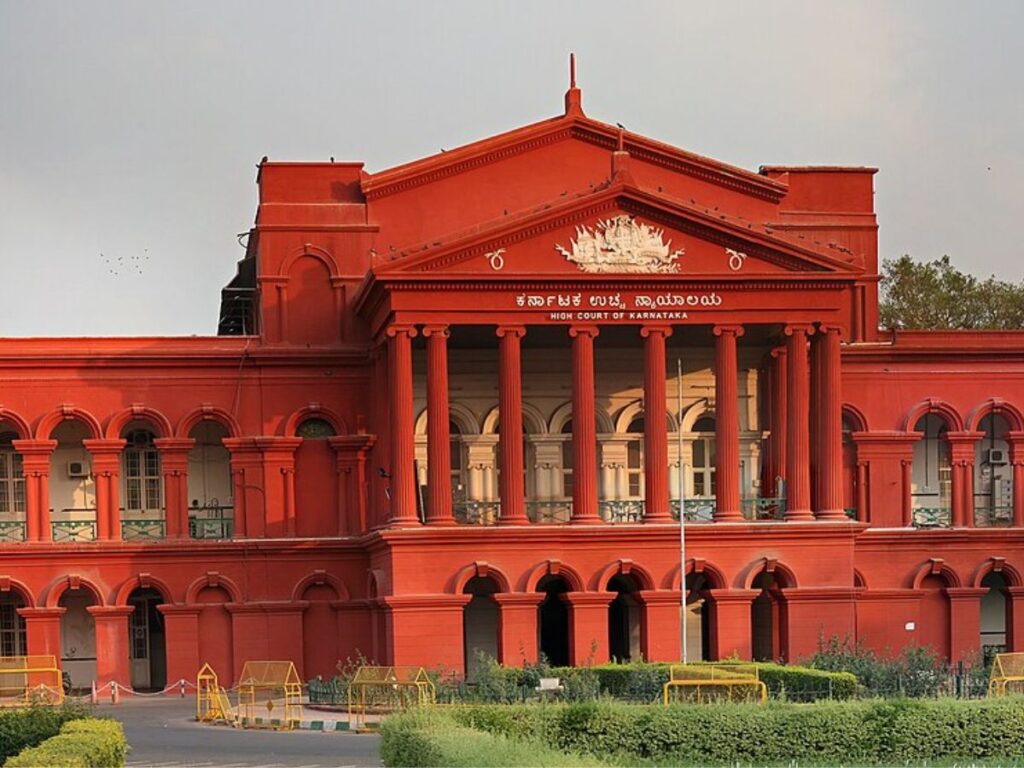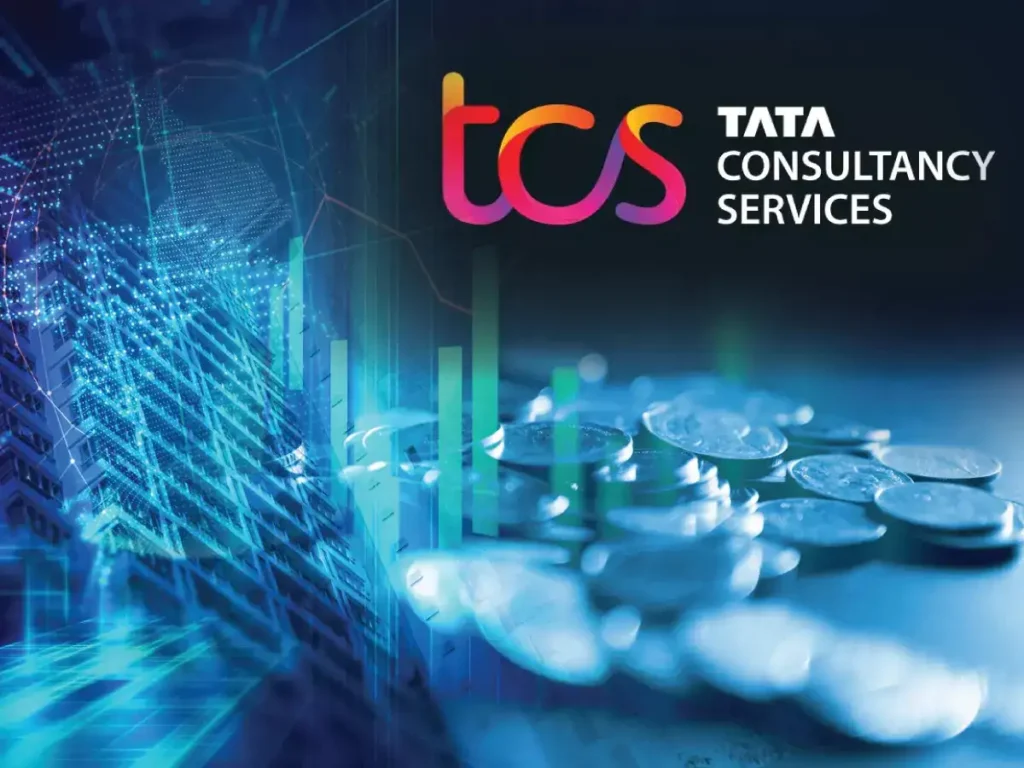Now Reading: ED Pressure Allegation: Witness Claims ₹10 Lakh Job Offer in Dubai to Turn Approver
-
01
ED Pressure Allegation: Witness Claims ₹10 Lakh Job Offer in Dubai to Turn Approver
ED Pressure Allegation: Witness Claims ₹10 Lakh Job Offer in Dubai to Turn Approver

In a new development linked to ongoing investigations by the Enforcement Directorate (ED), a key witness has alleged that he was offered a lucrative job in Dubai in exchange for becoming an approver in a high-profile case. The individual claims he was promised a salary of ₹10 lakh per month but declined the offer, raising serious questions about alleged coercion tactics in sensitive probes.
Witness Claims Pressure to Cooperate
The person at the centre of this claim is a businessman with links to those under ED scrutiny. According to his statement, he was approached by individuals claiming to act on behalf of enforcement officials. He was told that if he agreed to turn approver, he would be “looked after” and even be placed in a well-paying overseas job.
He refused. And that refusal, he says, may have led to increased pressure and threats of arrest.
Dubai Offer Sparks Doubts on Probe Integrity
The claim of being offered a Dubai-based job with a monthly salary of ₹10 lakh has drawn attention not just for its scale but for what it implies. If true, this suggests attempts to manipulate legal testimonies in exchange for financial gain or personal safety.
Legal experts note that while turning approver is a common part of investigations in India, it must be entirely voluntary. Any signs of pressure, inducement, or threats can compromise the credibility of the process and weaken the legal case built on such testimonies.
Political Undercurrent in High-Profile Cases
Many ED investigations in recent years have involved politicians, businesspersons, and bureaucrats. This has sparked debates over selective targeting and misuse of enforcement powers. Allegations like this, coming from within the ecosystem of the investigation, are likely to add fuel to ongoing concerns about institutional fairness.
In Tier 2 cities like Bhopal, Patna, and Nagpur—where awareness around central agencies is growing—such stories further shape public opinion about accountability and transparency.
ED Yet to Respond Formally
As of now, there has been no official response from the ED regarding these specific allegations. Whether or not an internal inquiry is initiated remains to be seen. If corroborated, this could affect the outcome of the case and dent the credibility of the investigative process.
Larger Questions Remain
This episode once again puts the spotlight on how investigations are conducted in India’s high-stakes legal landscape. While the ED plays a critical role in tracking financial crime and corruption, any attempt—real or perceived—to influence witnesses can severely damage public trust.
For now, the claim stands unverified in court. But the questions it raises won’t disappear anytime soon.

























